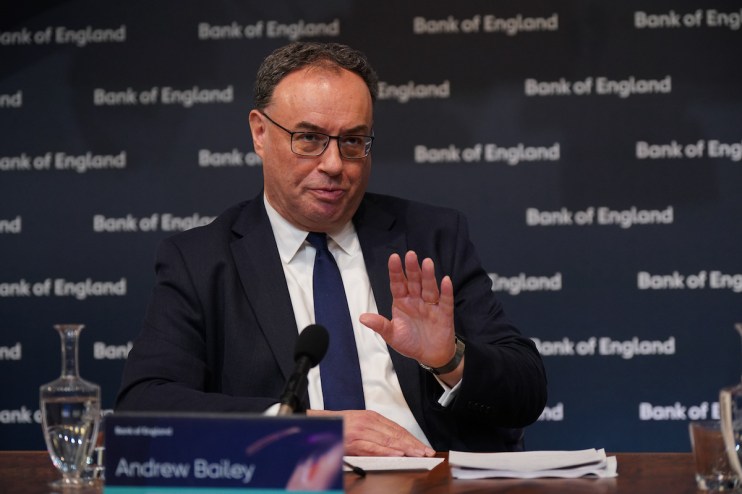UK could be ‘best performing economy’ so far in 2024 after week of data

It’s been a busy week for the Office for National Statistics (ONS), publishing a raft of data on the UK economy for traders and Bank of England rate-setters to digest.
On Tuesday, data showed an unexpected fall in unemployment, while a slowdown in wage growth to its lowest level in more than two years added to signs that the jobs market could be cooling.
Wage growth is considered a more important metric for the Bank amid concerns over the reliability of figures like unemployment. The ONS suspended its flagship Labour Force Survey last October due to low response rates.
Wednesday’s headline inflation number came in at 2.2 per cent in July, the first increase since December and a move away from the Bank’s two per cent target.
However, the figure was below expectations of 2.3 per cent, with closely watched services inflation dropping for a sixth straight month to 5.2 per cent—better than the 5.5 per cent forecast.
On Thursday, GDP growth of 0.6 per cent was in line with economists’ expectations as the economy continued to bounce back from a shallow recession. The data also confirmed that the UK had the best growth of all G7 nations in the first half of 2024.
Ending the week, figures published this morning showed retail sales ticked up 0.5 per cent in July, marginally below expectations, in a positive sign for the health of UK consumer spending.
The pound has strengthened following the numbers. It has gained 1.23 per cent against the dollar since Monday to reach its highest level in more than three weeks.
“With the latest labour market, inflation and GDP data in the books, the UK economy seemingly may be the best-performing economy in 2024 so far,” Sanjay Raja, chief UK economist at Deutsche Bank, told City A.M.
But the data could delay further interest rate cuts.
ICAEW economics director Suren Thiru warned the GDP figures “may delay the next UK interest rate cut by giving those rate setters still worried about domestic price pressures enough assurances over the strength of the economy to hold off relaxing policy”.
Raja added that the UK’s “exuberant growth story looks like it may be normalising”, with household consumption and business investment weaker than expected, underlying GDP seemingly “normalising towards trend” and catch-up effects “likely diminishing”.
“There is still a degree of uncertainty hanging over the British public’s heads,” said Danni Hewson, head of financial analysis at AJ Bell. “Inflation is so much lower than it was, but we know fuel prices will rise this autumn and grocery prices have ticked higher this month.”
Still, Raja argued policymakers could now “contemplate dialling down restrictive policy more convincingly”, given the slowdown in private sector wage growth and falling services inflation.
“Another downside miss to services CPI in the August report could raise the odds that the BoE delivers back-to-back rate cuts, pushing through 50 basis points of rate cuts in the span of two months,” he added.
A lack of big surprises has meant money markets’ bets on UK rate cuts are little changed from last week. A 0.25 per cent cut is fully priced in for November, and traders are currently pricing a 65 per cent chance of another cut in December.
Deutsche Bank has “largely dismissed” a September rate cut but noted that it “may not be a distant reality”, forecasting a gradual easing of rates to three per cent over the next year or so.
Data from across the pond has also been in focus this week. The latest US figures, from inflation to jobless claims and retail sales, have bolstered the view that the world’s biggest economy is on track to keep inflation under control and swerve the risk of a recession.
Markets are now betting on a quarter-point cut at the Fed’s next meeting in September. Global stock markets have largely erased their losses from a massive selloff last week, partly triggered by worries the Fed would not cut rates fast enough to stave off a recession.
The US central bank is considered a trendsetter in Western monetary policy and investors are looking ahead to Bank of England governor Andrew Bailey’s speech at the Jackson Hole Economic Symposium in Kansas, due next Friday.